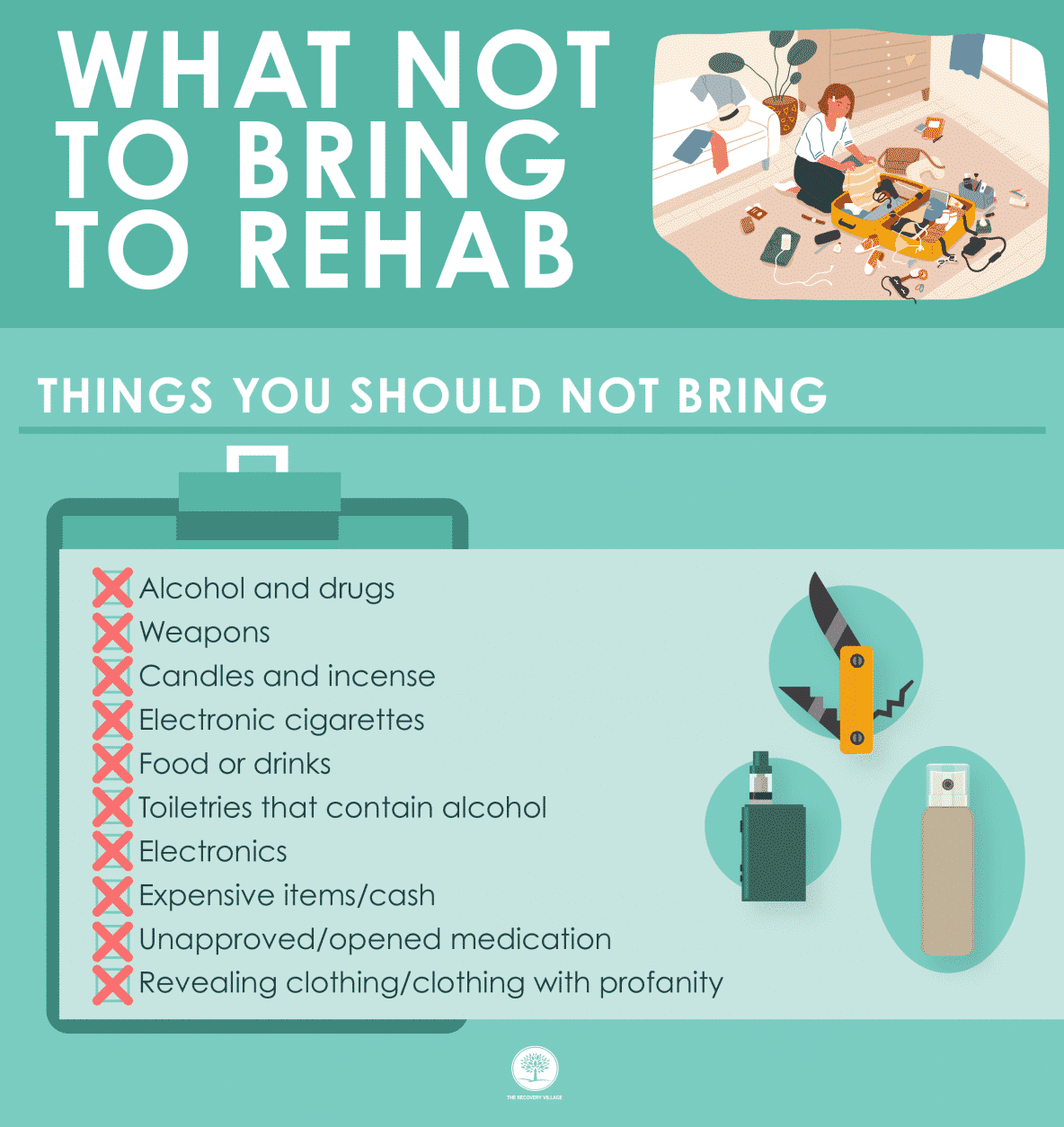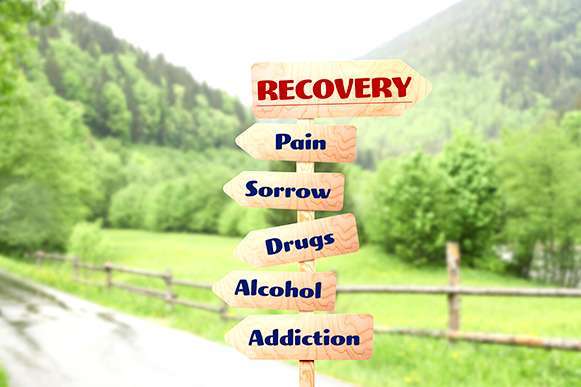Drug Rehabilitation for Beginners
Drug Rehabilitation for Beginners
Blog Article
Not known Facts About Drug Rehabilitation
Table of ContentsFacts About Drug Rehabilitation UncoveredDrug Rehabilitation - The FactsEverything about Drug RehabilitationThe Basic Principles Of Drug Rehabilitation The 8-Second Trick For Drug Rehabilitation
This entails attending to the whole individual to guarantee that every one of the underlying domino effects of the dependency are properly looked after and fixed. This provides people the tools they need for a complete go back to a pleased, healthy and balanced, substance-free life. Medicine addiction "therapy" is a little bit of a misleading term it implies that people with addictions are "all much better" after they have actually obtained some type of therapy.Even people with years of effective recuperation have to continue to be conscious of their capacity for relapse, and they need to use the devices they discovered in therapy to stop it. Words "recovery" also indicates that someone is being corrected after being mischievous, which is consistent with culture's stigma about dependency. Drug Rehabilitation. Component of the recovery procedure is for people with addictions, and their households, to find out that dependency is a matter of biology and not morality
Besides, transitioning from physical and mental dependency to a healthy and satisfied lifestyle is a large modification. It is very important that the actions to drug rehab be effectively resolved during the medicine rehab procedure. There are 4 phases of dependency recovery: Dependency assessment is a particularly important part of the rehabilitation procedure.
This is component of the underlying psychology of dependency, and it enhanced by worries of arrest for possession and judgment from friends and family. The evaluation process requires acquiring trust and damaging through that deceptive nature. The individual requirements to recognize which substances were made use of and the level of their material use.
7 Easy Facts About Drug Rehabilitation Described

For several individuals with dependencies, fear of withdrawal is a major obstacle to escaping their dependency, and that fear keeps them from even trying. Withdrawal and drug detox do not have to be a horrible experience.
This is where the underlying reasons for addiction are resolved. For the majority of people with material addiction, their material use is no longer concerning getting high. Instead, it came to be a repetitive, day-to-day process of preventing withdrawal signs and running away from their fact. Medicine rehab is the process where the deep problems around the addiction are determined and resolved.
Not known Details About Drug Rehabilitation
Rather, it can be said that rehab is the process of exploration, while what takes place later is healing. The addicted mind usually starts to think particularly after a time period in abstinence that it is OK to attempt alcohol consumption or using materials once more. This seldom functions, and the huge majority of individuals who try alcohol consumption or utilizing drugs once more will swiftly end up where they were in the past.

Sober living houses are a specifically efficient method to aftercare when a person is discharged from rehabilitation. People and their family members must talk about these alternatives with their counselors while still in rehabilitation. There are different go to website kinds of treatment for dependency, based on the degree of care given. When choosing the degree of treatment, the option should be based upon what will use the individual the very best chance of success in recuperation not on what the private intends to do.
This is a bad combination, as it thrusts numerous people to think that they can quit making use of drugs or drinking on their very own. Thus, they might hesitate to see and admit that they require a higher level of treatment, such as inpatient rehabilitation. Detoxification from a compound is not the like therapy for material dependency.
The Of Drug Rehabilitation
During the process of drug detoxification, individuals's minds are muddled and they feel literally and emotionally ill. They are not receptive to any sort of therapy or therapy until their minds clear and they are really feeling much better. Even though medical detoxification makes the procedure much easier, it is best to initial concentrate on making it through the whole detoxification procedure before taking further actions.
Like inpatient treatment, residential therapy offers the restorative result of eliminating individuals from their dysfunctional way of life and setting and placing them in risk-free, healthy and balanced surroundings. This enables them my review here to reorient their lives and assumed procedures while focusing on distraction-free healing.
People receive healing solutions on-site throughout the day, yet go home or to a sober living center at evening. The strength of the daytime therapy will certainly depend on private requirements and the programs offered at the outpatient center. A lot of individuals with severe dependency will likely have much better results in inpatient treatment and rehab.
The Definitive Guide for Drug Rehabilitation
Long-lasting property treatment programs usually use a healing technique called the therapeutic area (TC). This is a technique to re-socializing people whose dependency has seriously influenced their capability to fit into culture. These include individuals with serious criminal actions, people that are homeless, adolescents and individuals with serious psychological health problems.
Report this page